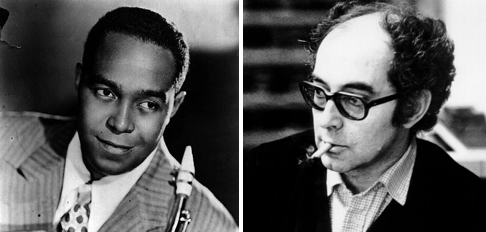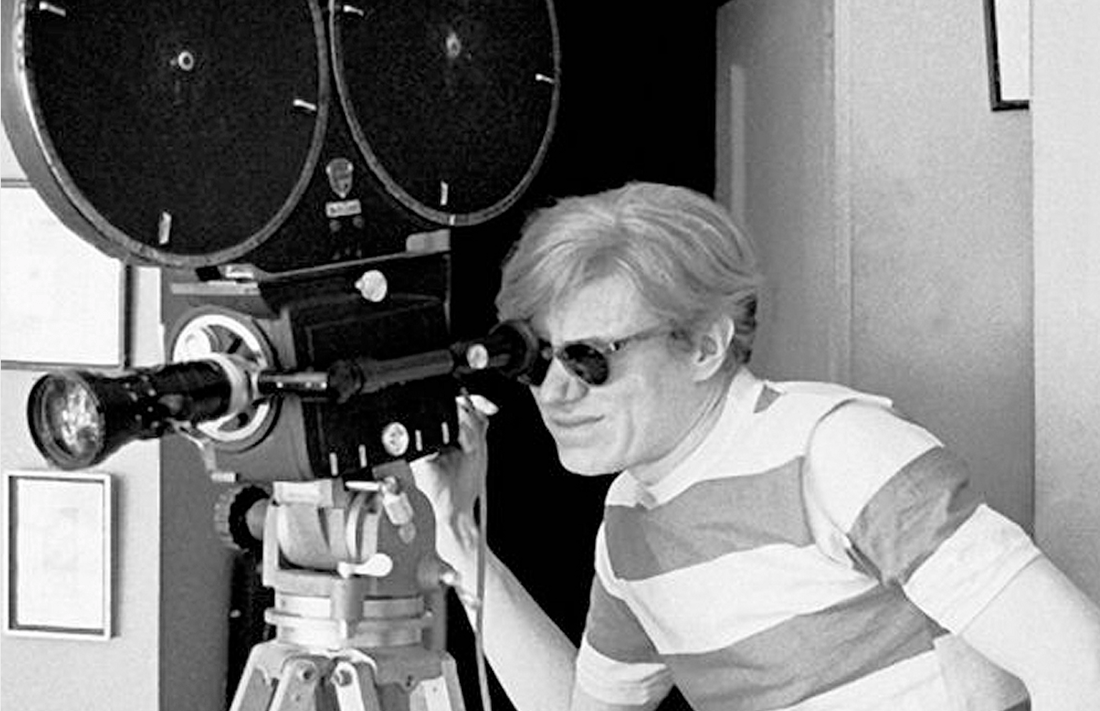
For the first fifty years of American mainstream cinema there was little division made between different kinds of audiences. Films presented entertainment appropriate for all ages. Noir was a B movie phenomenon relegated to the margins. Romances, Westerns, Musicals, and Comedies all had mass appeal not only to people of differing backgrounds but to all ages as well. In the era before television, families were going out to the movies 4 times a week on average.
The world of American mainstream cinema presented a social consensus by showing its audiences what was funny, what was scary, what was sexy, what was wonderful and what was evil. There was an assumed shared experience. The implication was that we all agreed that Jerry Lewis was funny and that Marilyn Monroe was desirable.

Much of cinema was a game of showing audiences what film executives, writers and producers thought the audiences wanted or alternately convincing audiences that they wanted what the executives wanted. Either way an implied agreement was maintained where everyone partook from the same cultural well.
This all came crashing down with the invention of television and the breakup of the Hollywood studio system. By the early 1960’s families were no longer going to the movies 4 times a week but less than 4 times a year. One of the effects of people switching to television was that the pressure films were under to present consensus narratives was replaced by a pressure to provide something television could not. This spurred a new era in film where risks that were unthinkable in the 50s were now plausible. In pursuit of their share of the public’s attention the film industry began to move toward more violent and sexual material. Such material might not appeal to everyone but it might coax some viewers back into the theater. Then in 1968 the Hayes code was abandoned and Hollywood was truly free to start breaking new ground. Movies like Chinatown or Taxi Driver were completely unthinkable in 1960 but now Hollywood would settle for a smaller audience and hope that providing something shocking and new might fill the seats.
Television stayed the central form of entertainment and attracted huge audiences all the way into the early 90s but with the explosion of cable everything changed again. In the 80’s the television show Mash had 106 million viewers. Seinfeld in 1989 had 76 million. Compare that to more recent popular shows. 13 million people watched the finale of Lost. Empire had 17 million viewers, Breaking Bad had 8 million. The broad consensus of shows like Mash and Cheers is gone.

I grew up in the 1980s. Every year movies like The Wizard of Oz, and Its a Wonderful Life appeared on network television and everyone watched them. By the time any American child reached the age of ten you could be sure they had seen both these films. These movies provided a shared mythology, and foundation from which other mythologies could be understood. Do not mistake my sentiment, I am not advocating for some nostalgic return to homogeneous culture. It may well be that we are better off as we are now, but it is important to recognize the shift and its ramifications.
Now there is a new pressure on the mainstream film industry which foregoes American consensus and seeks world consensus. The Marvel films are carefully produced to not only succeed in The United States but to succeed across the globe. Marvel’s Avengers made 700 million dollars in North America but it cleared 2 Billion dollars in the rest of the world.

At the same time that the film industry is going global Youtube has made it possible to create smaller and smaller niche markets that can still yield profits. You can have a weekly show on entrelac knitting techniques and have an avid following of 50,000 viewers as a base for a successful business.
As the entertainment industry navigates the dynamic between consensus and niche it orients and reorients our culture. In addition it recalibrates power relationships between centralized and decentralized modes. The producers of culture consolidate into a powerful few, and then shatter into a diffuse chaos. Pewdie Pie is a result of this chaos but for every one of him there is another Disney or Marvel production to reconsolidate power.If you enjoyed this article click here for more
www.filmofileshideout.com/archives/jean-luc-godard-and-charlie-parker-no-spoon-full-of-sugar-for-you



